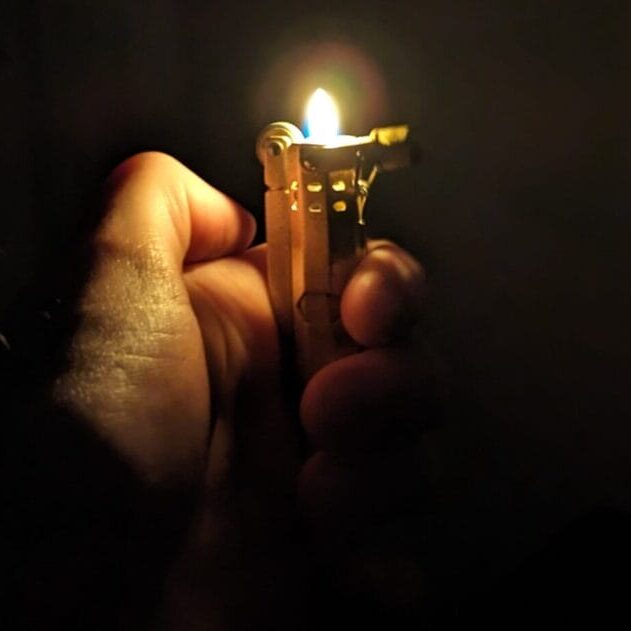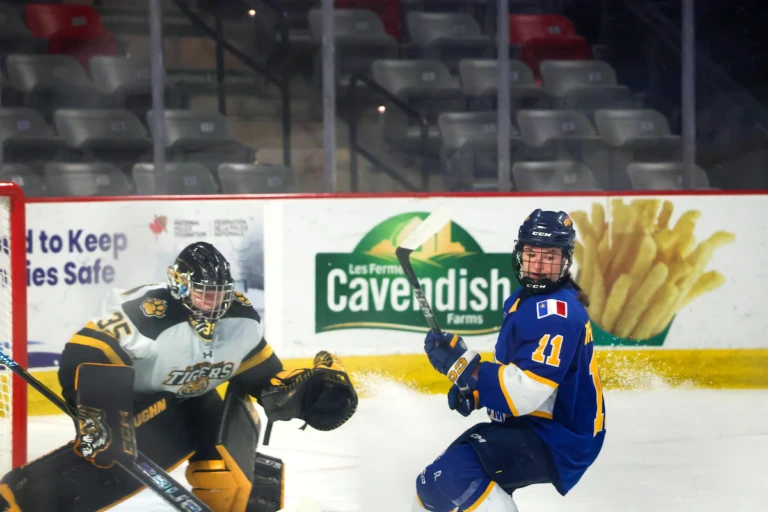
On Feb. 25, active duty United States Air Force member Aaron Bushnell live-streamed himself as he walked in front of the Israeli embassy, poured a flammable liquid on his head and lit himself on fire. He was 25.
Bushnell had many opportunities to back out as he struggled to get his lighter to spark, yet he continued.
While he burned, he did not ask for help. His only words were “Free Palestine.”
He stood for as long as possible before collapsing as a cop pointed a gun at his burning body and a paramedic rushed over, yelling: “I don’t need a gun, I need a fire extinguisher!”
Bushnell later died in hospital.
“I will no longer be complicit in genocide. I’m about to engage in an extreme act of protest, but compared to what people have been experiencing in Palestine at the hands of their colonizers, it’s not extreme at all.” Bushnell said before carrying out his act of protest.
People flocked to Bushnell’s last Facebook post to pay their respects and express solidarity. “RIP Aaron Bushnell,” read many of the responses. A day later, a vigil was held in front of the embassy — the burn marks on the pavement were still visible.
Through much of American media, Bushnell’s act would be decoupled from its political context and instead attributed to suicidality and mental health issues.
Not only did this court of armchair psychologists rob Bushnell of his agency, but they ignored the egregious actions that he protested and conveniently forgot the legacy of self-immolation as a form of extreme protest.
A political act of moral shaming
The act of self-immolation as an act of protest dates back centuries. It is an extreme form of protest which has roots in both the East and West. It is an act of protest used when demonstrations, hunger strikes and sit-ins do not do enough.
In 1969, Czech philosophy student Jan Palach set himself on fire to protest the Soviet Union’s repression of the Prague Spring. United States-funded Radio Free Europe labeled the action “a symbol of defiance.”
In 2010, street vendor Mohamed Bouazizi set himself on fire outside a government building in Sidi Bouzid, Tunisia to protest the poor economic conditions and corruption in the country. The incident is often credited as sparking the Arab Spring. President Obama referred to him as a hero, comparing him to a modern-day Rosa Parks.
In 2020, prominent Russian journalist Irina Slavina set herself on fire outside of Novgorod police headquarters. Her last Facebook post stated, “I ask you to blame the Russian Federation for my death.” American publications did not question her mental health.
Death as purpose
The mental health-centred narrative surrounding Bushnell raises questions about any act of killing as a political tool. As with suicide, mass shootings are regularly discussed in a “mental health framework,” However, the mass shootings regularly committed by combatants in war is often honoured by the state that sanctions it and labeled “fighting for what one believes in.”
Bushnell was a soldier who was killed for what he believed in, except instead of pointing a weapon at another, his victim was himself. He did not have to look in the eyes of his victim, there was no mirror in front of him during his last moments. Instead, a man was pointing a gun at him as he was engulfed in flames.
Hypocrisy
For all the “inclusive” rhetoric spewed by the Canadian government and on campuses, for all the so-called “virtue signaling,” there is near silence on the Palestine issue by these institutions.
The mass killing of Palestinians is disturbingly normalized, despite living in a time of safe spaces, cancellations for bad jokes and performative activism. This normalization is such that people must be careful about exactly how they express their horror, lest the press call them “terrorist sympathizers” or “antisemitic,” or they lose their job.
It keeps on happening
The situation in Gaza is only getting worse. Three days after Bushnell’s protest the Israel Defence Forces massacred civilians rushing for food aid in what is being named the “flour massacre.” Despite the International Court of Justice accepting that Israel is plausibly committing genocide, children are beginning to starve. There are reports that this is the most rapidly-onset famine ever recorded. The UN ahas aso reported rapes committed against Palestinian women by Israeli soldiers.
The United States, the United Kingdom and Canadian governments have continued to provide military aid and diplomatic cover. $28.5 million worth of military aid has been sent to Israel from Canada since Oct. 7 meaning that a bullet made in Quebec may have ended up in the body of a Palestinian child.
This could change after an NDP led motion to halt arms sales to Israel passed through the House of Commons on March 19th.
The vote, supported by the Liberal, Bloc and Green parties, remains non-binding and has been criticized as “watered down” by Canadians for Justice and Peace in the Middle East.
Aaron Bushnell didn’t have to die. Neither did the thousands of civilians caught by indiscriminate bombing. But they have.
What Bushnell wanted the western world to hear was that our societies are complicit, but they can decide whether war criminals get to act with impunity. This could end.
His last scream, “Free Palestine,” still echoes in my head. It is a somber call, reverberating in the halls of a decaying empire.






